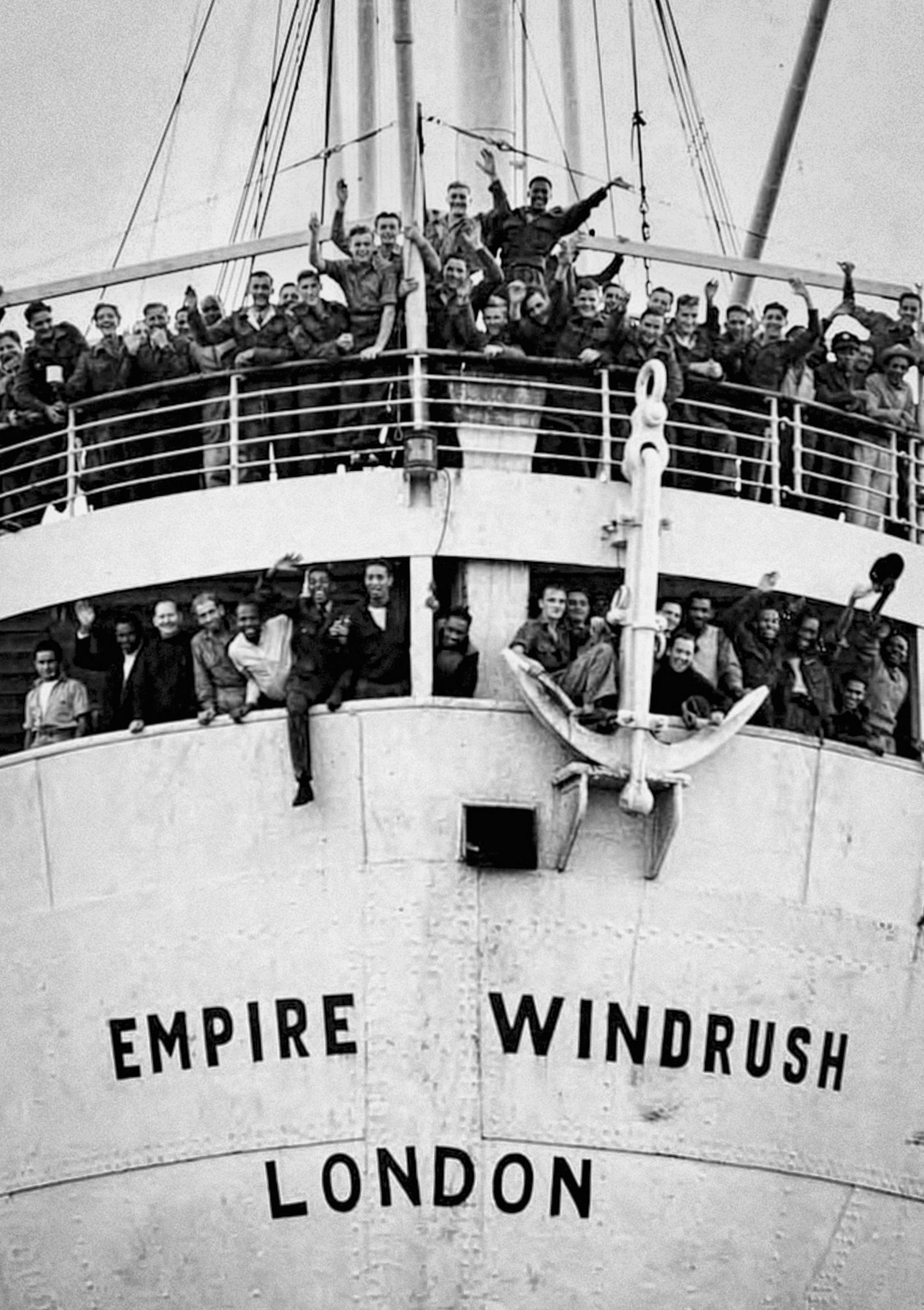'Windrush compensation scheme has failed us'

Jamaica-born Conroy Downie says many are being failed by the Home Office scheme
- Published
A great-grandfather who has helped advise thousands of victims of the Windrush scandal on compensation has said he fears the government is "waiting for us to die off".
Conroy Downie, who lives in north west London, said the scheme - launched five years ago this week - should be removed from the Home Office and run independently.
The 67-year-old, who was born in Jamaica and came to the UK as a teenager before joining the British Army, said the "system failed us".
The Home Office said it was committed to "righting the wrongs" of the Windrush scandal.
HMT Empire Windrush docked in Tilbury, Essex, on 22 June 1948.
Its 1,027 passengers, and others who arrived in the UK from Caribbean countries between 1948 and 1971, became known as the Windrush generation and went on to help with post-war labour shortages and rebuilding the UK's battered economy.
In 2018 it emerged that thousands of people had been wrongly classed as illegal immigrants.
Those affected were unable to prove they were in the country legally and were prevented from accessing healthcare, work and housing.
Compensation has been offered but there has been concern over the complexity of the scheme.
With the help of his daughter and after a three-year wait, Mr Downie received some compensation.
But he said his claim had since been reopened as he was underpaid for the years he was homeless, which he said was caused by not having the documentation needed to get council help for housing.
He estimates that he and his daughter Katie Wilson-Downie have met thousands of victims across the country in the years since the scheme opened and helped them apply for compensation.

HMT Empire Windrush became a symbol of wider migration from the Caribbean to Britain
Asked what people have told him, Mr Downie said they did not trust the Home Office.
"How can I investigate myself? If I'm guilty and the fault is mine don't you think I'm going to try and cover it up - if it's an embarrassing thing and there is a big scandal, he said.
"They need to take the compensation scheme off the Home Office and give it to an independent body."
Ms Wilson-Downie, a social worker, said it was while she was supporting her own family to apply for compensation she realised "nobody seemed to know" about it in the wider community.
She said: "People required support to understand the complex and tedious application forms written in complex language."
Ms Wilson-Downie has since held events to raise awareness.
On the fifth anniversary of the compensation scheme's launch, Mr Downie said the Home Office "aren't very good at it".
He told of the effect on generations, saying his son had also had a battle over citizenship, having been born in the British military hospital in Berlin while his father served in the Army.
Age UK said long waits for people applying to the compensation scheme were "unacceptable, especially given that for many of the older applicants, time is not on their side".
The Home Office has reiterated its commitment to "righting the wrongs of the Windrush scandal and making sure those affected receive the compensation they rightly deserve".
Listen to the best of BBC Radio London on Sounds and follow BBC London on Facebook, external, X, external and Instagram, external. Send your story ideas to hello.bbclondon@bbc.co.uk, external
Related topics
- Published10 March 2024

